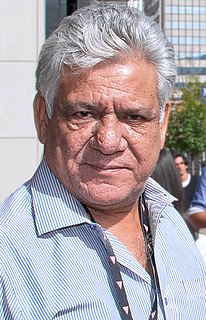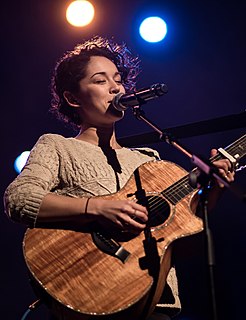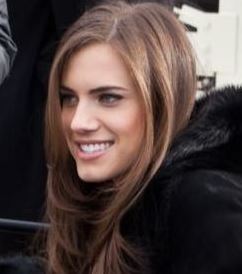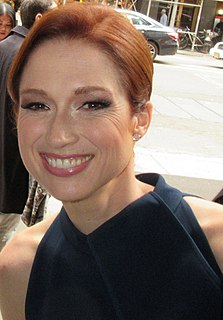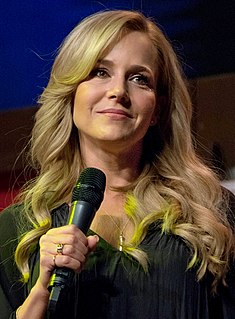A Quote by Mindy Kaling
I went to Dartmouth College so simply by being an Indian-American woman, I was already so statistically interesting. And then the fact that I didn't want to do anything science-related, and I wanted to write comedy plays and act little bit - I mean, I became deeply interesting in college because of how rare that was.
Related Quotes
My roommate in college in Austin, Texas, was Wes Anderson. Wes always wanted to be a director. I was an English major in college, and he got us to work on a screenplay together. And then, in working on the screenplay, he wanted my brother, Luke, and me to act in this thing. We did a short film that was kind of a first act of what became Bottle Rocket.
In college, I faced an interesting problem. I wanted to play music all the time and yet I wasn't ready for anyone to hear it. To remedy this, I took to retreating to stairwells as a safe place to sing and write music. It was there that I wrote most of my songs in college and really grew into an artist.
I used to do a lot of serious theatre during my school and college days. Comedy was only reserved for youth festival and inter-college competitions. Then once 'The Great Indian Laughter Challenge' was launched, a regional channel in Punjab started a program based on that. I participated in it and emerged as the winner.
It's interesting because with a lot of people who I've met in comedy, it seems not to matter what your background is. In terms of formal schooling - I feel like that's a nineteenth century term - but in terms of where you went to high school or college, or wherever, all that really is irrelevant, I have found, in comedy.
It's really interesting - I wanted to become an actress when I was young because I wanted to do romantic comedy. And I did a lot of comedies very early on, but then my career took kind of a left turn with Joss Whedon, and I discovered that doing genre work is actually more interesting as an actor, because the given circumstances are more extreme. And it really is creatively more challenging.
Does people not asking me about Asian American literature mean they don't see it as its own literary tradition? I certainly believe in it as its own literary tradition, because your race plays a great factor in how you are seen by the world, and how you see the world; the fact that I'm an Asian American isn't incidental to who I am as a writer. Where it becomes difficult is defining what, if anything identifiable at all, makes an Asian American book an Asian American book, other than the fact of its creator being Asian. And I'd argue that there is nothing identifiable beyond that.

